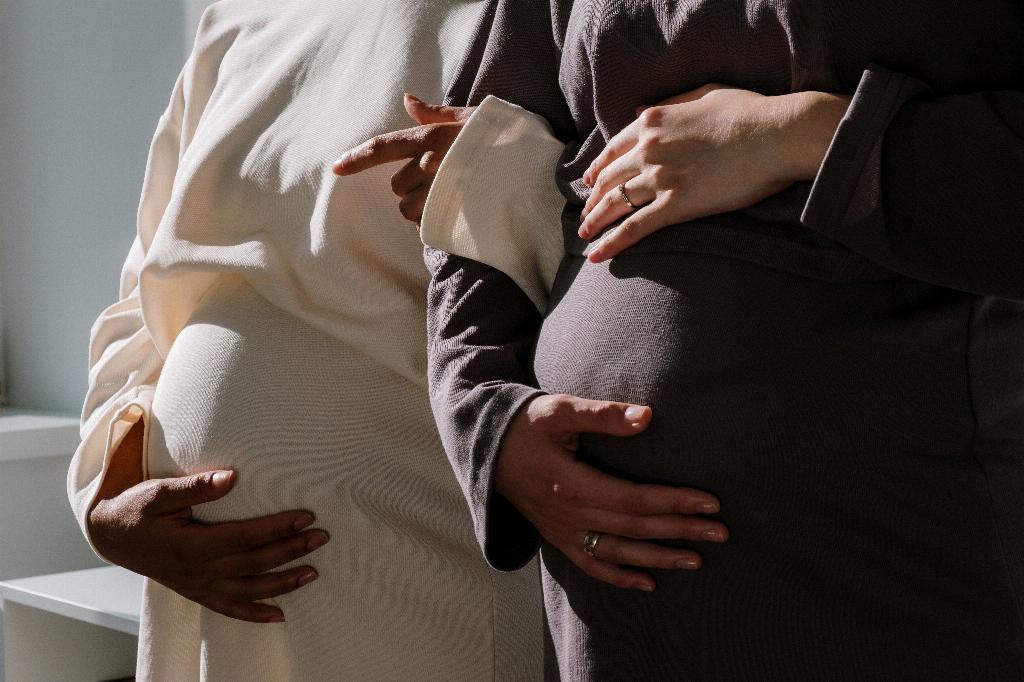Before delving into the timeline of when you can rule out ectopic pregnancy, it’s crucial to grasp the nature of this condition. An ectopic pregnancy occurs when a fertilized egg implants itself outside the uterus, most commonly in the fallopian tubes. This can pose serious risks to the mother, including internal bleeding and potential loss of the pregnancy. Timely detection and management are essential to ensure the well-being of the mother.
Initial Symptoms and Concerns
Early signs of an ectopic pregnancy can often mimic those of a normal pregnancy, such as a missed period and breast tenderness. However, additional symptoms like abdominal or pelvic pain, shoulder pain, and vaginal bleeding may indicate an ectopic pregnancy. If you experience any of these symptoms, it’s essential to seek medical attention promptly for evaluation.
Diagnostic Tests
When ectopic pregnancy is suspected, healthcare providers typically perform a series of diagnostic tests to confirm the diagnosis. These tests include a transvaginal ultrasound to visualize the pregnancy’s location and blood tests to monitor the levels of human chorionic gonadotropin (hCG), a hormone produced during pregnancy. Serial hCG measurements are crucial in tracking the progression of pregnancy and determining the next steps.
The Role of hCG Levels
Human chorionic gonadotropin levels play a critical role in the evaluation of ectopic pregnancy. In a normal pregnancy, hCG levels double approximately every 48 to 72 hours during the early weeks. In the case of an ectopic pregnancy, hCG levels may rise more slowly or plateau. Monitoring these levels through serial blood tests is vital in detecting abnormalities that may suggest an ectopic pregnancy.
Ultrasound Confirmation
While blood tests provide valuable insights, ultrasound imaging is the definitive method for confirming an ectopic pregnancy. Around five to six weeks after conception, an ultrasound can visualize the location of the pregnancy and determine if it is growing within the uterus or elsewhere. This ultrasound scan is a crucial step in ruling out ectopic pregnancy definitively.
Timing of Diagnosis
The timeline for ruling out ectopic pregnancy varies for each individual and is dependent on several factors, including the onset of symptoms, hCG levels, and ultrasound findings. In general, by the fifth to sixth week of pregnancy, healthcare providers can typically confirm or rule out an ectopic pregnancy with a high degree of certainty based on diagnostic tests and imaging.
Importance of Early Detection
Early detection of ectopic pregnancy is paramount in preventing complications and ensuring appropriate management. Delayed diagnosis can lead to a rupture of the fallopian tube, resulting in severe internal bleeding and potentially life-threatening consequences. Seeking prompt medical attention upon experiencing concerning symptoms is vital for timely intervention.
Considerations for High-Risk Individuals
Individuals with risk factors for ectopic pregnancy, such as a history of pelvic inflammatory disease or prior ectopic pregnancies, should maintain heightened awareness of symptoms and seek immediate medical evaluation if any concerns arise. Early recognition and management can significantly impact the outcomes for those at increased risk.
Emotional Impact and Support
Dealing with the possibility of an ectopic pregnancy can be emotionally challenging for individuals and their partners. It’s essential to acknowledge these feelings and seek support from healthcare providers, counselors, or support groups as needed. Open communication and emotional well-being are critical aspects of navigating this difficult situation.
Follow-Up Care and Monitoring
Following the diagnosis of ectopic pregnancy, ongoing care and monitoring are necessary to ensure the successful resolution of the condition. Healthcare providers will outline a treatment plan tailored to the individual’s specific circumstances, which may involve medication, surgery, or a combination of both. Regular follow-up visits and hCG monitoring are essential in tracking recovery and preventing potential complications.
Conclusion
In conclusion, ruling out ectopic pregnancy involves a multifaceted approach that encompasses symptom evaluation, hCG monitoring, and ultrasound confirmation. By understanding the timeline of diagnostic tests and the importance of early detection, individuals can take proactive steps in safeguarding their health and well-being. Timely intervention and appropriate medical care are pivotal in managing ectopic pregnancy effectively and mitigating risks associated with this condition.

